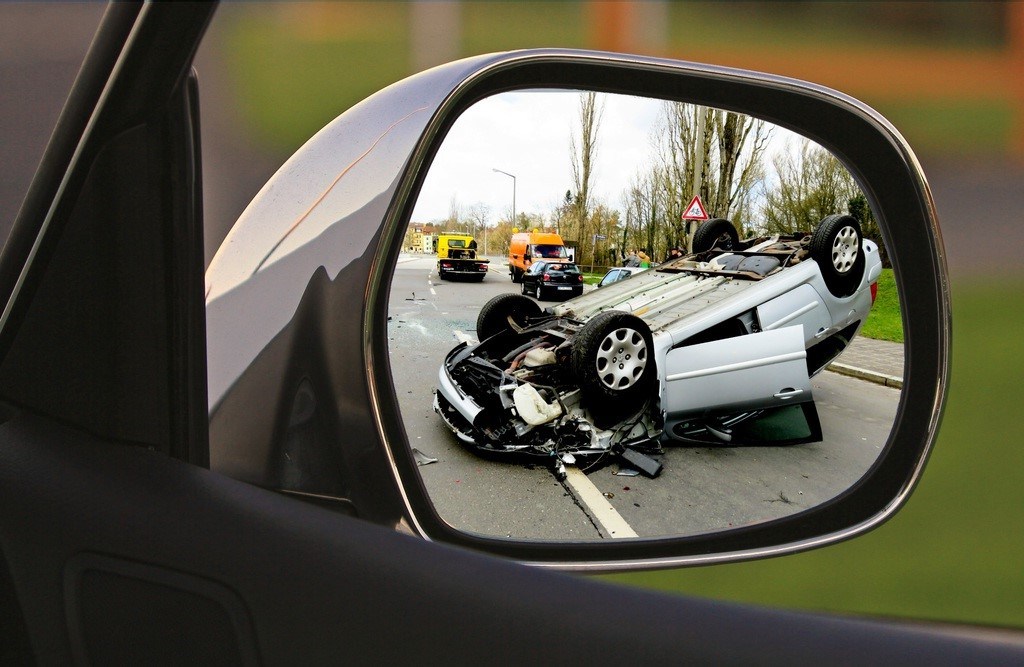The Red Cross has given advice to members of the public responding to an emergency on how to give first aid most safely in times of Covid-19 epidemic.
The advice comes days after it was revealed that victims involved in a road accident in the area of Dendermonde in East Flanders had tested positive for Covid-19. Police issued a call for anyone who had assisted the passengers of one of the vehicles involved, a mother and a small child, before the arrival of emergency services.
Belgian law, in contrast to many other jurisdictions, considers it an offence not to come to the aid of someone in danger, but in the case of the coronavirus, the danger of someone’s condition cannot immediately be determined.
“You must come to someone’s aid if, for example, you see a traffic accident taking place,” said Dr Lieven Vergote, head of the emergency service at the Aalst General Hospital.
“Of course at that moment you do run the risk of being infected by the coronavirus. And the chance of infection is real, even during a momentary contact.”
To reduce the risk, the Red Cross advises certain precautions.
“A very important principle that always and everywhere is paramount, even now, is that you as a care provider must take care of your own safety and that you must not endanger yourself at any time,” explained spokesperson Ine Tassignon.
“In general, the guideline applies that you should not be closer to a victim than 1.5m, because you can never be sure whether the victim is infected with the virus. In addition, it is of course also important that a victim of an accident is never left behind.”
Dr Vergote offers some simple suggestions.
“First and foremost: always keep your face mask on. Try to always have non-sterile gloves with you. Put them in your pocket, in your handbag, or keep them in the car. They don't take up much space, but they can always come in handy if you need to help someone and have physical contact.
"And to be clear: mouth-to-mouth resuscitation is currently out of the question, you really shouldn't do that now.”
Mouth-to-mouth resuscitation is these days not advised in general, unless you happen to be an emergency services professional, and not specifically in relation to the coronavirus. Chest compressions are considered to suffice on their own in most cases.
According to Dendermonde police, the victims in the accident there were aware they were infected by the virus, and were therefore under the legal obligation to not be present at the scene in the first place.
“We would like to remind everyone that people who have tested positive for the coronavirus must adhere to the quarantine rules,” said local police commissioner Marc André. “Otherwise you put other people at risk.”
Alan Hope
The Brussels Times

